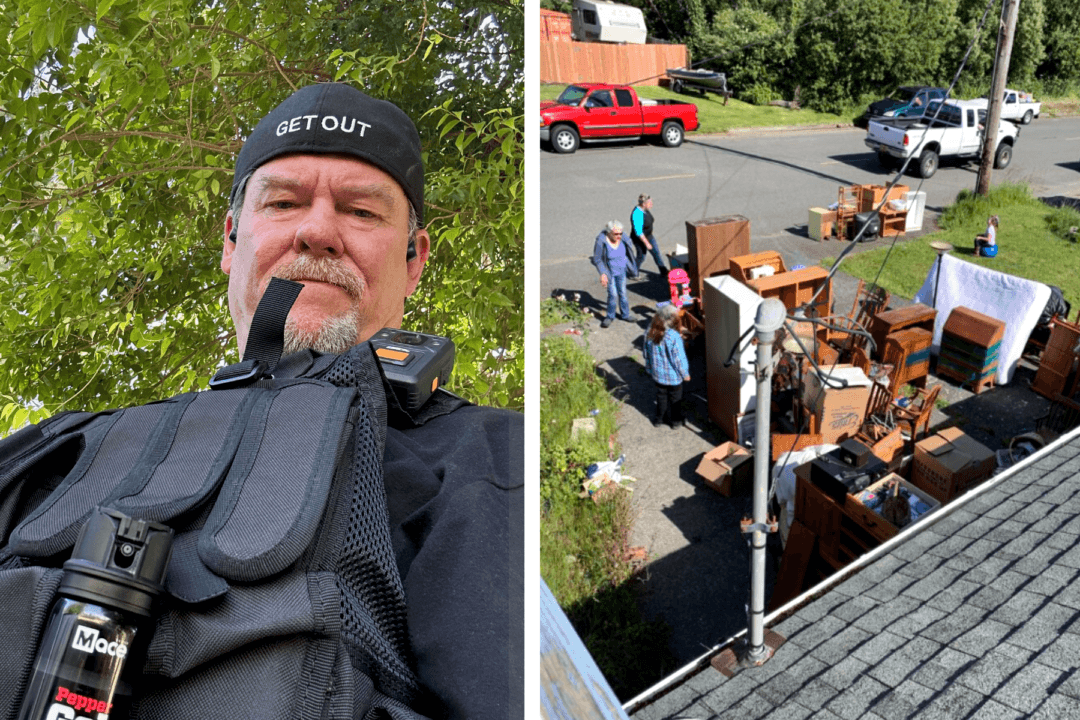Squatting can be a problem for some homeowners, according to Flash Shelton, a handyman and anti-squatting activist from Northern California. But he says he has found a solution.
Shelton said he successfully got his mother’s house back from a group of squatters in 2019. He has since turned his experience into a career, helping others facing similar situations.





